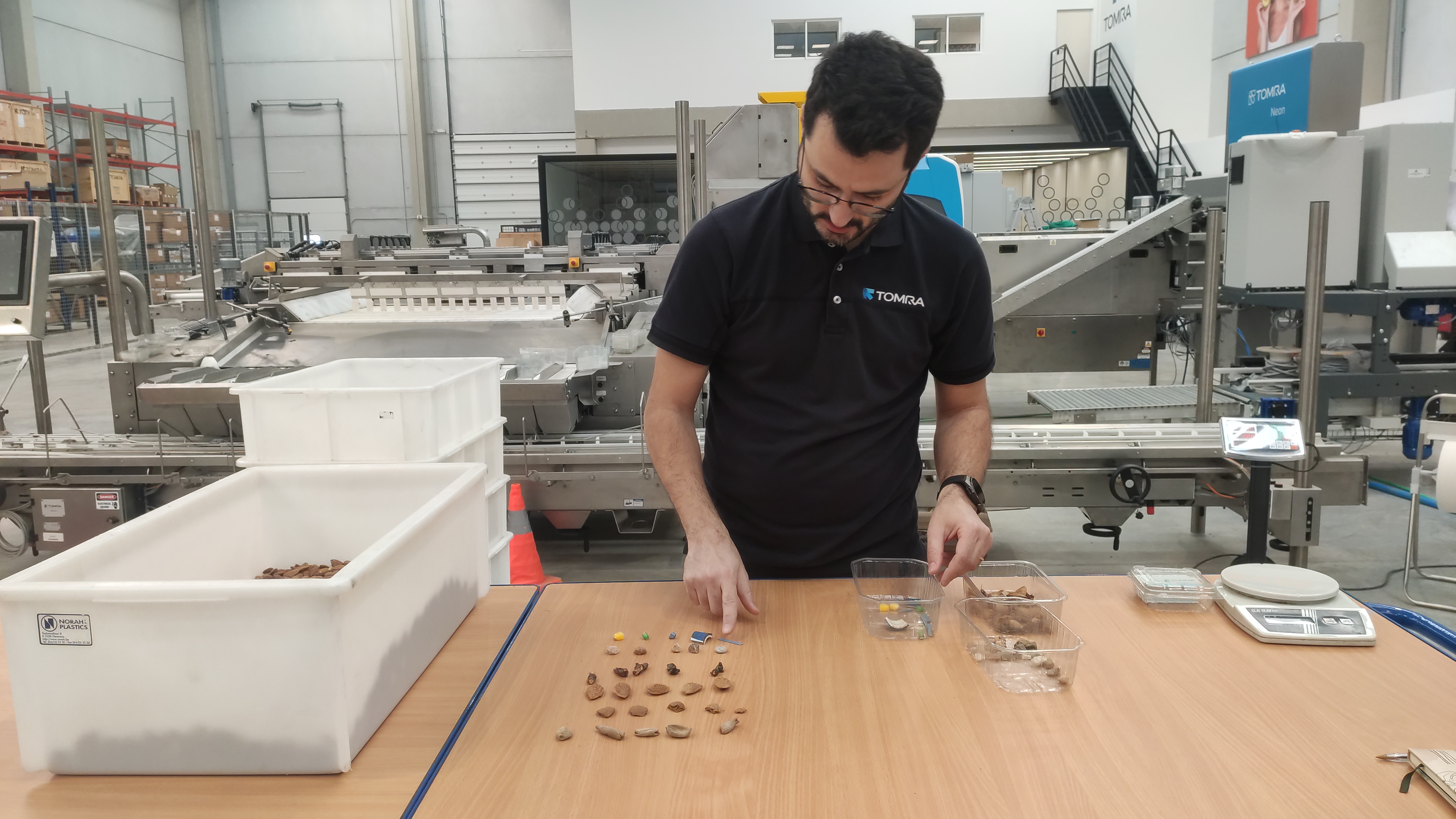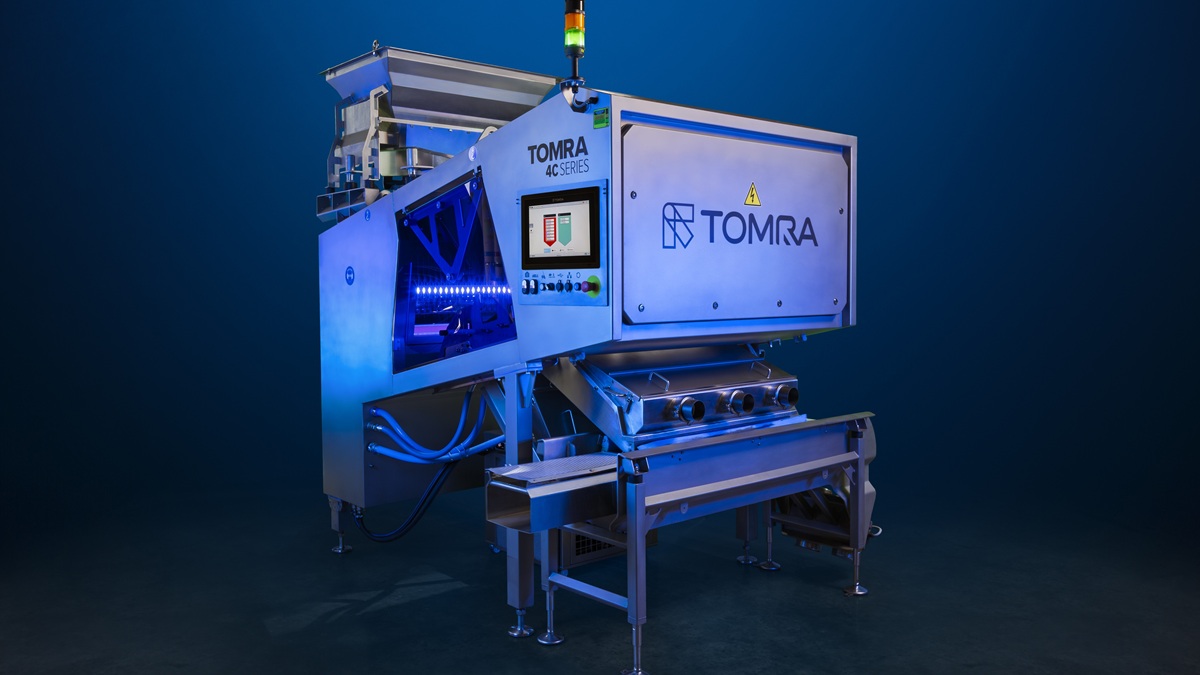Conditioning , Processing
Why vegetable producers should prepare for a plant-based revolution
Lewis Hamilton, Simon Cowell, Bill Clinton and half of Hollywood have recently announced their dedication to a plant-based diet. Veganism and vegetarianism are not new. What is new, is how we perceive these lifestyle choices and the sheer number of plant-based foods on offer to us. As the appeal of plant-based alternatives to meat and dairy continue to grow, vegetable producers are presented with a new, highly lucrative market receiving heavy investment in preparation for enormous growth.
13 January, 2020
Lewis Hamilton, Simon Cowell, Bill Clinton and half of Hollywood have recently announced their dedication to a plant-based diet. Veganism and vegetarianism are not new. What is new, is how we perceive these lifestyle choices and the sheer number of plant-based foods on offer to us. As the appeal of plant-based alternatives to meat and dairy continue to grow, vegetable producers are presented with a new, highly lucrative market receiving heavy investment in preparation for enormous growth. Plant-based diet trend fuelling demand for vegetable proteins We are re-writing our narrative surrounding the practice of not eating animal products. Only a few years ago, vegetarians were seen as eccentric while vegans often inspired the harshest judgement, even ostracism. To most of us, the idea of living without meat, milk and cheese was absurd. These were, after all, our main sources of protein, the building blocks of life. Eating meat is natural and essential, was the mantra of the masses. Today, according to research by US market data company, NDP Group, this has changed. In a recent article for Feed Strategy, David Portalatin, NDP Groups VP and Food / Beverage industry adviser, said: 14 per cent of the US population consumes plant-based alternatives on a regular basis. This is important because 86 per cent of those do not consider themselves to be vegan or vegetarian. Plant-based protein consumption is going mainstream. We are opting for plant-based meat and dairy alternatives for many reasons. Old-school vegans focused mainly on animal welfare, even to the point of activism to underline their dietary choices. Todays plant-based eaters, while concerned about animal welfare, are also concerned with health, the environment and sustainability. These consumers often still identify as meat-eaters, yet also want to adopt a lifestyle that will promote their own wellbeing and the long-term health of the planet. For them, it is not necessarily about avoiding all meat products, but rather about introducing plant-based products wherever possible. This trend reflects a growing concern around mega trend forecasts of climate change. We are facing unprecedented challenges in terms of population growth and how to increase food production by 70% from finite natural resources, in order to feed us all. In the face of these enormous challenges, consumers are increasingly asking what can I do? One of the simplest changes we can make is to eat more vegetables and less meat. According to PETA, it requires almost 20 times more land to feed meat-eaters than it does to feed people a plant-based diet. Now that plant-based foods increasingly mimic our resource-heavy, animal derived staples, we are changing our view of what a healthy, balanced diet really means. The growth in commercial plant-protein production It is easy to see how our changing attitude to eating habits has brought new products to market. Some of our favourite protein-rich foods such as cheese, milk, eggs and yoghurt are now diminishing in popularity as soy, coconut, oat, rice, hemp and nut-based alternatives fill up the shelves. In the meat sector, companies such as Beyond Meat, Impossible Foods and Neat Burger are taking on carnivores at the final frontier: chicken and beef alternatives. These products are light years ahead of the original veggie burger or sausage, imitating our favourite qualities of animal meat in taste, texture and even juiciness of animal meat, with 20g of protein per serving. The difference is science. These new businesses have identified the molecular components of meat, sourced the necessary molecules from various plants and reconstructed them to make a substance that is scientifically meat - without involving any animal at all. The key, says David Benzaquen, founder and CEO of PlantBased Solutions, is to continue altering human perception with quality products. You make something desirable, so people want in.
Related news

LUCAi™ revolutionizes apple sorting with contextual Deep Learning
Conditioning, processing
TOMRA Food











